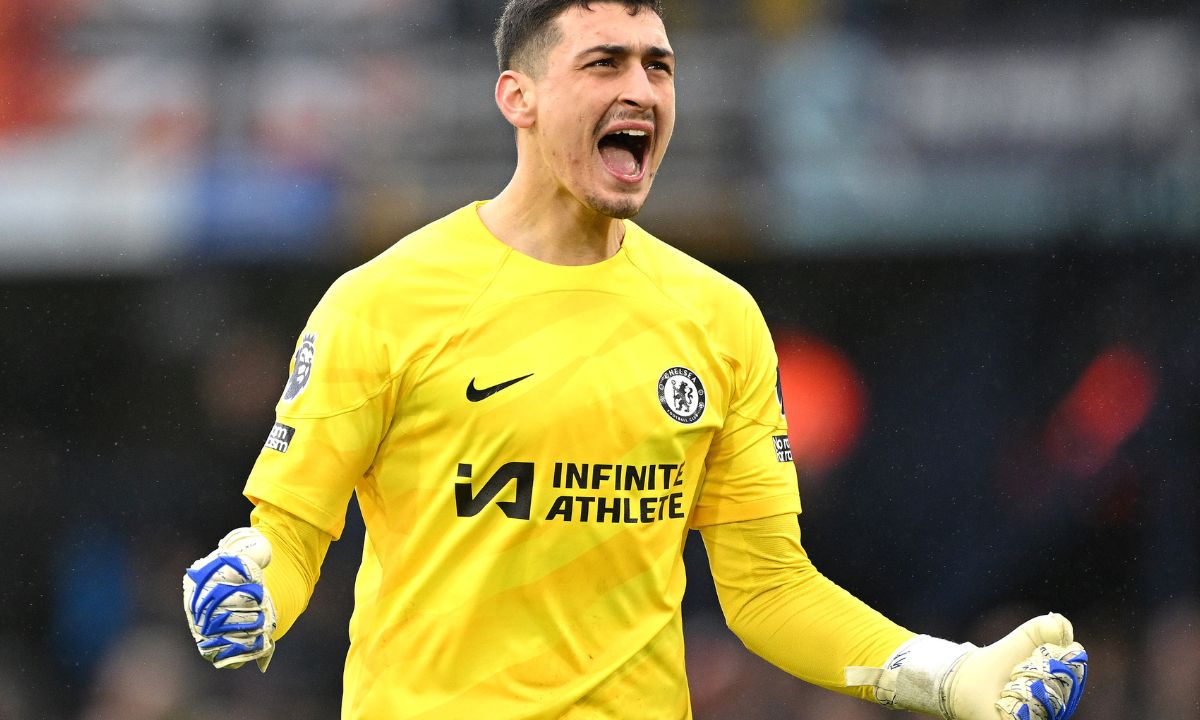
Who is Đorđe Petrović? Đorđe Petrović, also known as Karađorđe, was a Serbian revolutionary leader who played a crucial role in the early 19th century. Born in 1768, he led the First Serbian Uprising against the Ottoman Empire, striving for Serbian independence. His leadership and bravery earned him the title "Black George," a name that still resonates in Serbian history. Petrović's efforts laid the foundation for modern Serbia, making him a national hero. His life was filled with battles, strategic alliances, and a relentless pursuit of freedom. Curious about more? Here are 25 fascinating facts about this iconic figure.
Early Life
Đorđe Petrović, also known as Karađorđe, was a significant figure in Serbian history. His early life set the stage for his future achievements.
- Born on November 3, 1768, in the village of Viševac, Serbia, Đorđe Petrović came from a humble peasant family.
- His nickname, Karađorđe, translates to "Black George," a moniker he earned due to his dark complexion and fierce demeanor.
- As a young man, he worked as a shepherd and later as a pig farmer, which was a common occupation in his region.
Military Career
Karađorđe's military career is what truly made him a legendary figure. His leadership and bravery were instrumental in the fight for Serbian independence.
- In 1804, Karađorđe led the First Serbian Uprising against the Ottoman Empire, marking the beginning of the Serbian Revolution.
- He was elected as the leader of the uprising due to his charisma, military skills, and dedication to the cause.
- Under his command, the Serbian rebels achieved several significant victories, including the capture of Belgrade in 1806.
- Karađorđe's leadership style was characterized by strict discipline and a no-nonsense approach, which earned him both respect and fear among his followers.
Political Influence
Beyond his military achievements, Karađorđe also played a crucial role in shaping the political landscape of Serbia.
- In 1808, he established the Praviteljstvujušči Sovjet, the first Serbian government in modern history.
- Karađorđe's efforts laid the groundwork for the eventual establishment of the modern Serbian state.
- He sought to create a centralized and independent Serbian state, free from Ottoman rule and influence.
- His vision for Serbia included not only political independence but also social and economic reforms to improve the lives of ordinary Serbs.
Personal Life
Karađorđe's personal life was as tumultuous as his public one. His family and personal experiences deeply influenced his actions and decisions.
- He married Jelena Jovanović in 1786, and they had several children together.
- His son, Aleksandar Karađorđević, later became the Prince of Serbia, continuing his father's legacy.
- Karađorđe was known for his strong sense of justice and often intervened in local disputes to ensure fairness.
- Despite his fierce reputation, he was deeply religious and often sought guidance from the Serbian Orthodox Church.
Legacy
Karađorđe's legacy is still felt in Serbia today. His contributions to the country's independence and development are celebrated and remembered.
- The Karađorđević dynasty, founded by Karađorđe, played a significant role in Serbian history and politics for over a century.
- He is considered a national hero in Serbia, with numerous monuments, streets, and institutions named in his honor.
- Karađorđe's life and achievements have been the subject of many books, films, and other cultural works in Serbia.
- His leadership during the First Serbian Uprising is often cited as a pivotal moment in the struggle for Serbian independence.
- Karađorđe's vision of a free and independent Serbia continues to inspire generations of Serbs.
Interesting Tidbits
There are many lesser-known facts about Karađorđe that add depth to his character and story.
- Karađorđe was known for his physical strength and was said to be able to lift a fully grown man with one hand.
- He had a distinctive scar on his face from a battle wound, which added to his imposing presence.
- Despite his humble beginnings, Karađorđe was a shrewd diplomat and often negotiated with foreign powers to gain support for the Serbian cause.
- He was assassinated in 1817 by agents of Miloš Obrenović, a rival leader, marking a tragic end to his life.
- Karađorđe's remains were later reburied in the Church of Saint George in Topola, a mausoleum built by his descendants to honor his memory.
Đorđe Petrović: A Legacy Remembered
Đorđe Petrović, also known as Karađorđe, left an indelible mark on Serbian history. His leadership during the First Serbian Uprising against the Ottoman Empire showcased his bravery and strategic mind. Born into a humble family, he rose to become a national hero, symbolizing the fight for freedom and independence. His legacy continues to inspire generations, reminding us of the power of resilience and determination. From his early life to his pivotal role in shaping Serbia's future, Petrović's story is a testament to the enduring spirit of a nation. Whether you're a history buff or just curious about influential figures, Petrović's life offers valuable lessons on leadership, courage, and the quest for justice. His contributions to Serbian history are not just facts but a narrative of hope and perseverance.
Was this page helpful?
Our commitment to delivering trustworthy and engaging content is at the heart of what we do. Each fact on our site is contributed by real users like you, bringing a wealth of diverse insights and information. To ensure the highest standards of accuracy and reliability, our dedicated editors meticulously review each submission. This process guarantees that the facts we share are not only fascinating but also credible. Trust in our commitment to quality and authenticity as you explore and learn with us.
